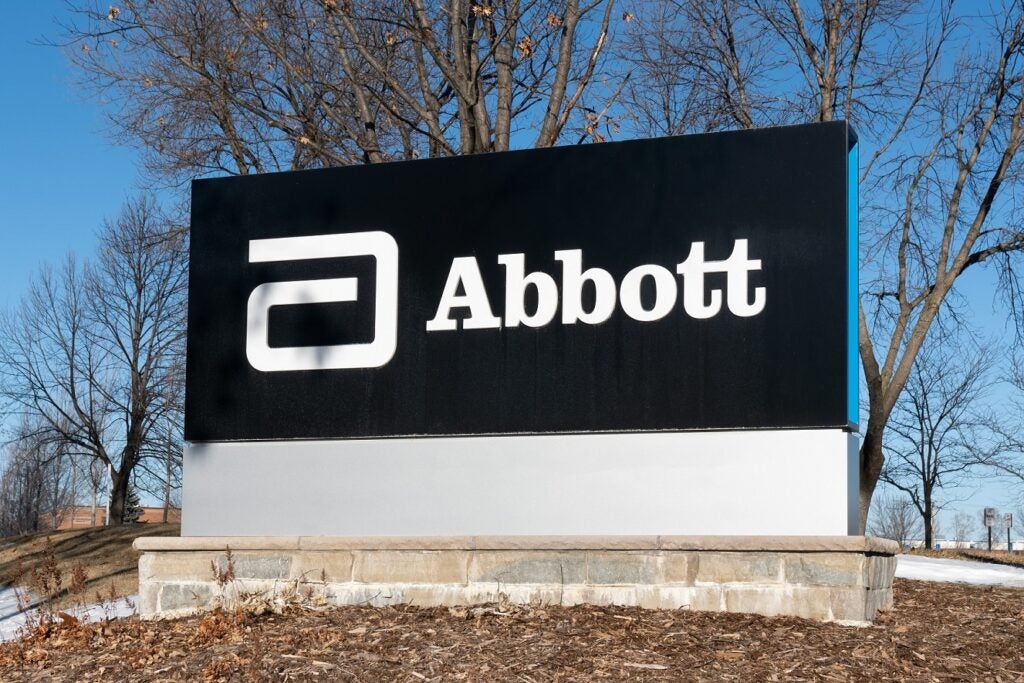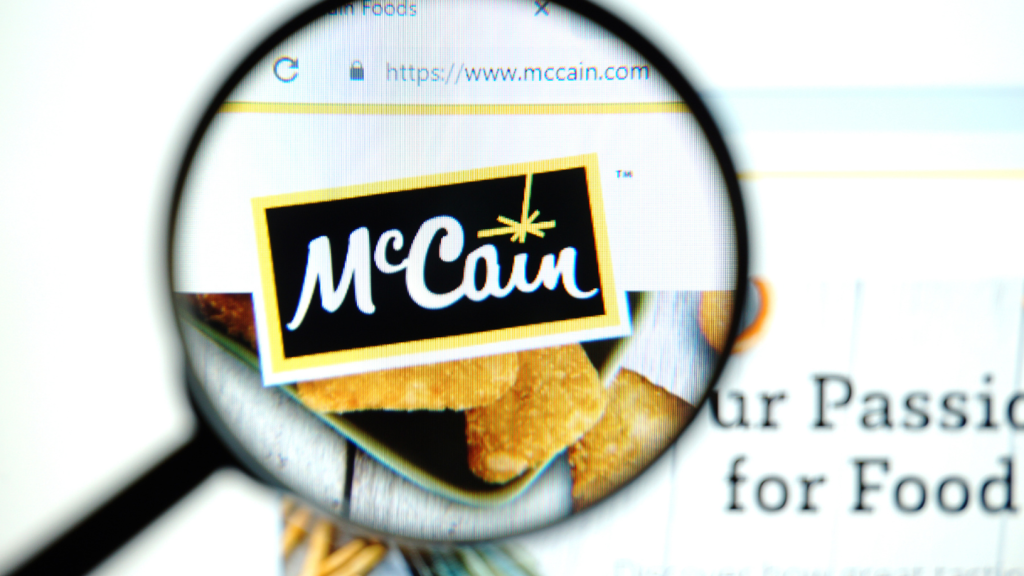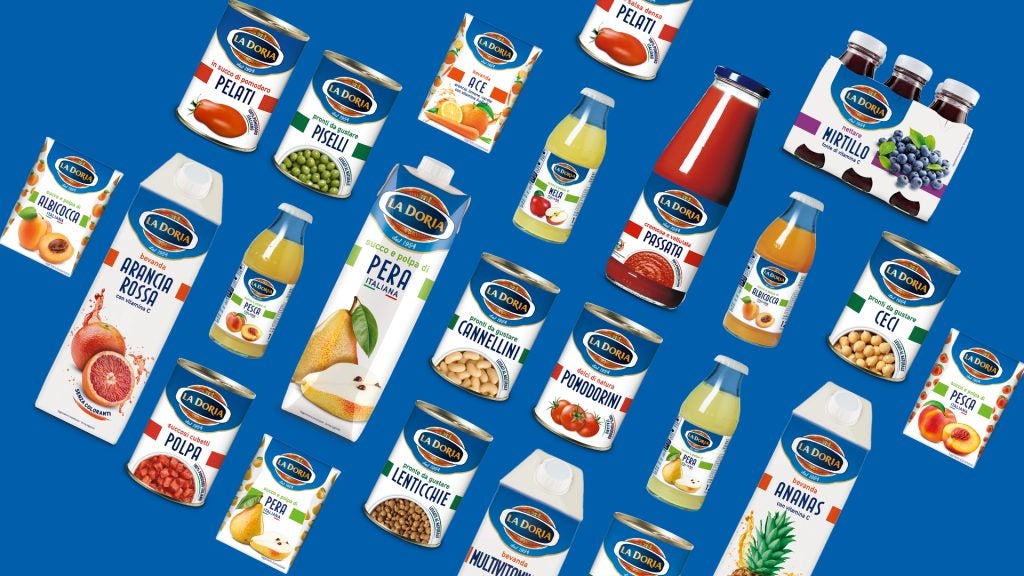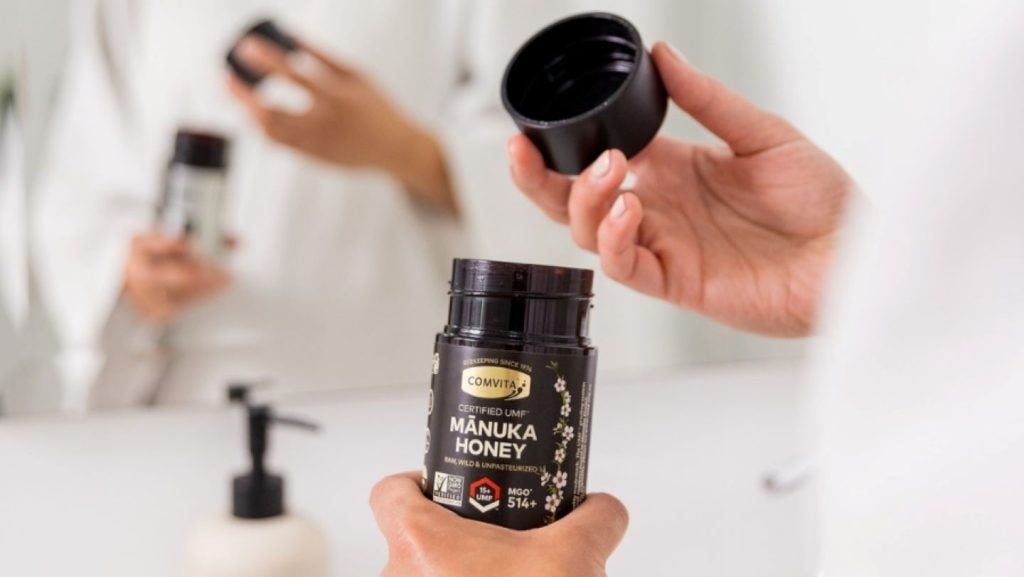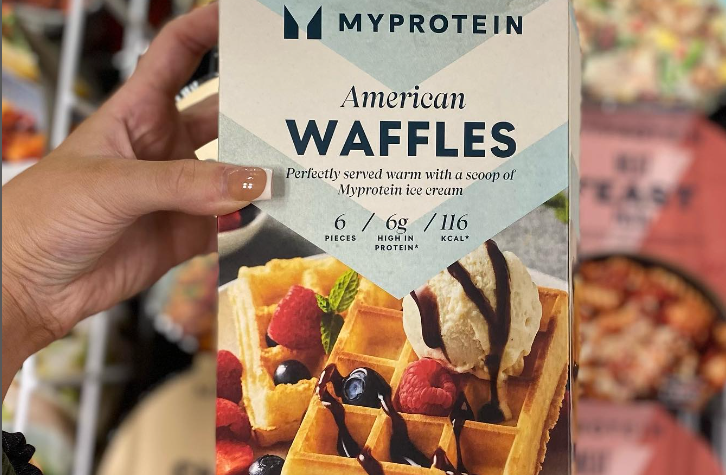Abbott Laboratories has been ordered to pay almost $500m over allegations that it hid the risk that its infant formula for premature babies can cause serious illness.
A jury sitting in a state court in St Louis on Friday (26 July) voted nine to three against US-based Abbott, which was then fined $95m to compensate the Gill family, whose experience was at the centre of the allegations, for its losses and $400m in punitive damages.
In a post on LinkedIn after the verdict was handed down, TorHoerman Law, the legal firm representing the family, said: “Robynn Gill suffered severe, irreversible brain damage due to Abbott’s misconduct.
"Abbott has known for years that its cow’s milk-based formula significantly increases the risk of necrotizing enterocolitis (NEC) in premature babies, and families like the Gills had their lives changed forever due to the company’s refusal to warn families and physicians.”
The case - Gill v. Abbott, 2322-CC01251, Missouri 22nd Judicial Circuit (St. Louis) - was brought on behalf of Robynn Gill, a premature baby girl who developed NEC and allegedly suffered brain damage after being fed Abbott’s Similac Special Care 24, a cow’s milk-based formula.
Lawyers representing the family argued Abbott did not mention the NEC risks on the product label nor inform parents that their children could face brain damage or death from being fed the formula.
In its defence, lawyers acting for Illinois-headquartered Abbott argued that the formula does not cause NEC and that the Gill’s baby had pre-existing health issues.
After the verdict against the infant-formula maker was handed down, an Abbott spokesperson was quoted in media outlets, including news agency Bloomberg, as saying the company “strongly disagreed” with the verdict and noted that it was not unanimous.
The spokesperson added: “We will pursue all avenues to have the erroneous decision overturned.”
Just Food has asked Abbott for further comment outside of US office hours.
In March, UK-based multinational consumer goods company Reckitt Benckiser was ordered by an Illinois jury to pay $60m in damages to the family of a premature baby who died after being fed its cow’s milk-based infant-formula product Enfamil Premature 24 powder, produced by Mead Johnson.
Reckitt, which is trying to sell-off its infant-formula assets, said at the time it would appeal the verdict.
According to UK investment bank Barclays, which put forward the worst-case-scenario for damages in March, there are around 400 NEC cases pending in the US.
However, reports in the US at the weekend suggested that figure is far higher and the law firm in the Gill case said: “TorHoerman Law represents 800 families that have been devastated by NEC due to misconduct of formula manufacturers and we are committed to obtaining justice for all of them.”
After the Abbott guilty verdict was announced, Benjamin Hoffman, the president of the American Academy of Pediatrics (AAP), suggested in a statement that something of a grey area exists in relation to NEC and its causes.
“Part of what is so challenging about NEC is that the causes are multi-faceted and not completely understood. Our science does not tell us exactly how to prevent it,” he said.
“Special formulas designed for preterm infants provide an essential source of nutrition. Using human breast milk to feed preterm infants may reduce the risk of NEC, but it does not eliminate this risk. Donated human milk is also used when the mother’s own milk is not available in sufficient quantities, but there is not enough donated human milk to be used as the only source of nutrition for these infants. Providing special formula is a routine and necessary part of care of these pre-term infants.”
Hoffman added: “Recent court cases, however, may jeopardise the availability of these formulas. Only two companies in the US produce formula for premature infants; both are the subject of lawsuits similar to one that recently returned extremely high punitive damages.
“Courtrooms are not the best place to determine clinical recommendations for the care of infants.”


